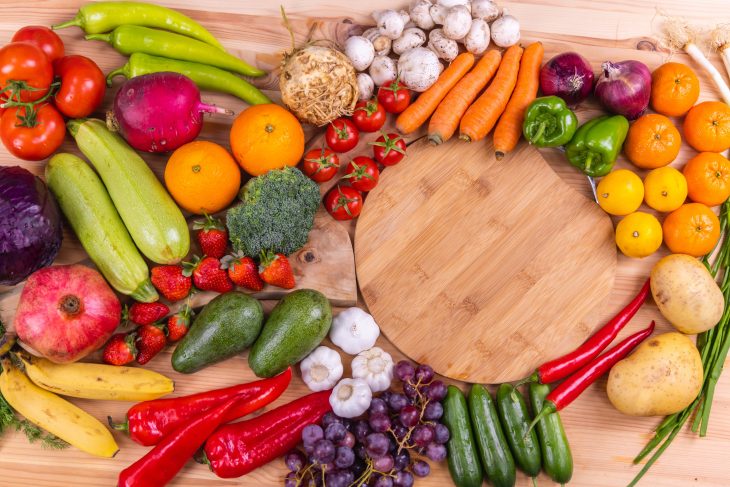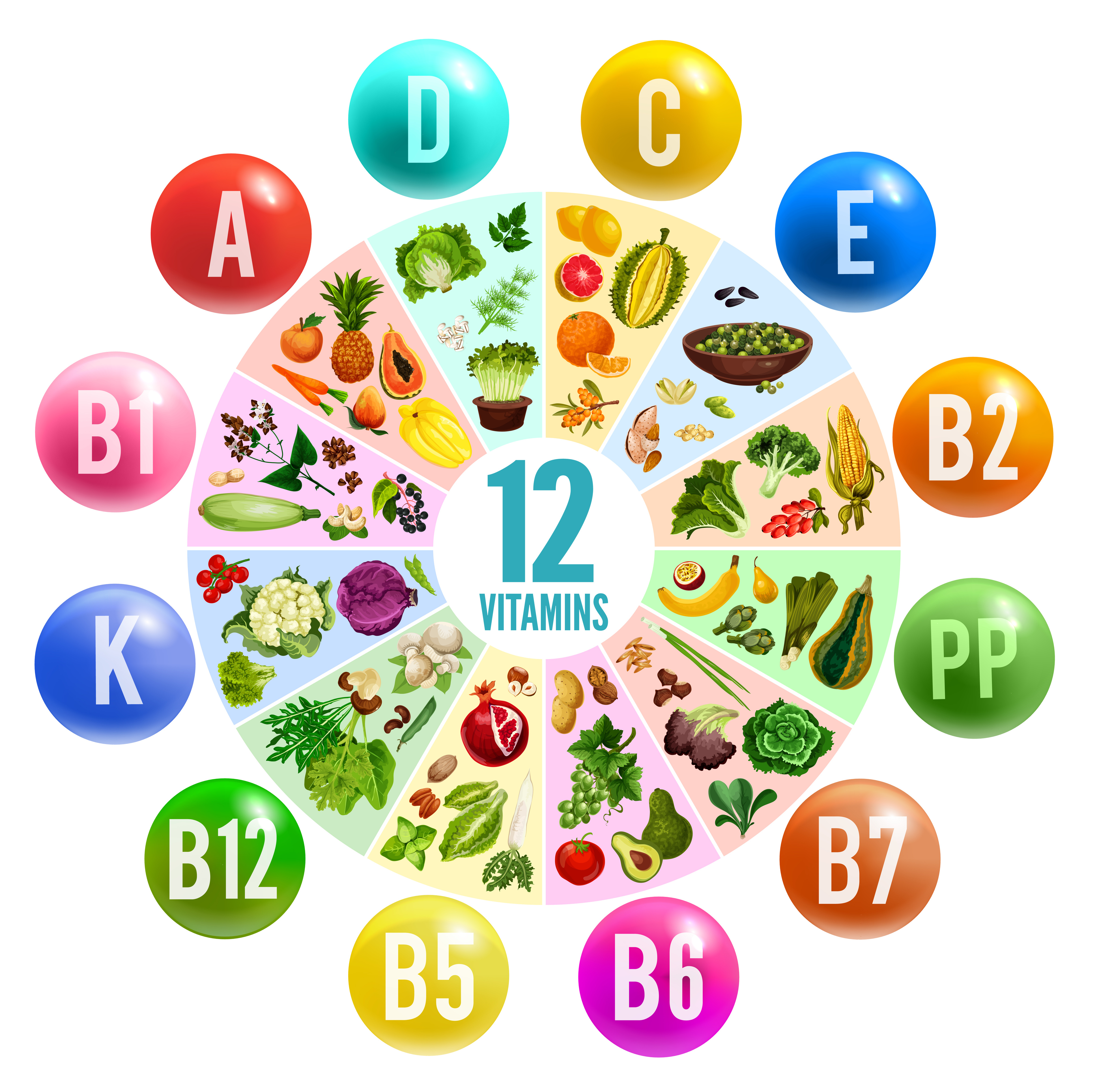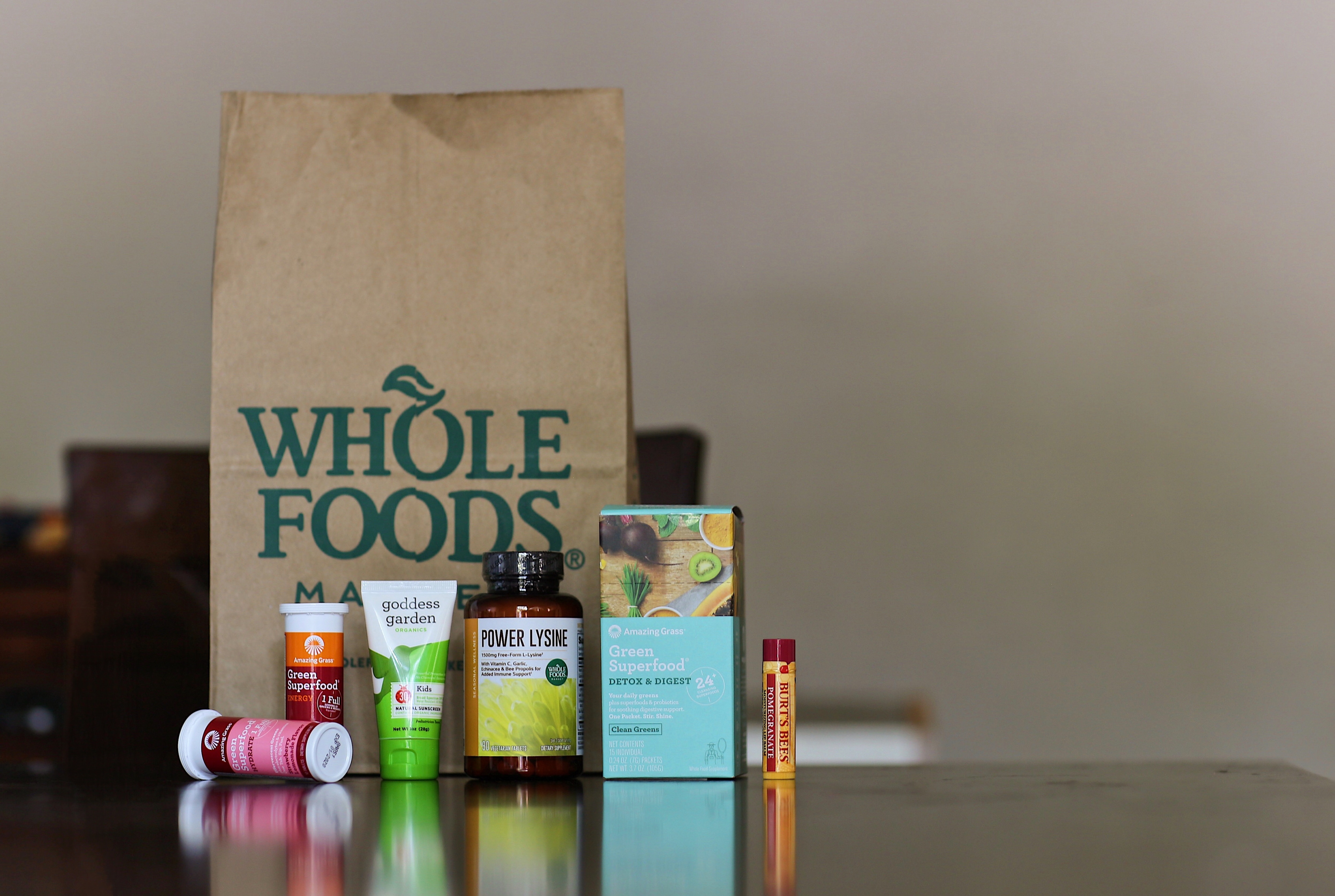
Vitamins are essential nutrients that help keep our bodies functioning at their best. They are responsible for everything from a healthy immune system to optimal brain function, and the benefits they provide are too many to count! But did you know there’s more to vitamins than meets the eye? Here are 20 scientific facts about vitamins – some of which may surprise you! So grab a glass of orange juice (which is full of Vitamin C), sit back, relax, and enjoy learning all about these important micronutrients.
Vitamins are organic compounds.
Vitamins are organic compounds, which means they’re made by plants or animals. They’re different from minerals and water, which are inorganic and come from the earth.
There are 13 essential vitamins.
In total, humans require 13 essential vitamins for proper body function. These include vitamins A, C, D, E, K, and the eight B vitamins (B1, B2, B3, B5, B6, B7, B9, and B12).

Vitamins are categorized into two groups.
Vitamins are divided into two groups: fat-soluble and water-soluble. Fat-soluble vitamins (A, D, E, and K) are stored in the body’s fatty tissue and liver, while water-soluble vitamins (C and the B vitamins) must be replenished regularly as they’re flushed out of the body.
Each vitamin has a unique role.
Every vitamin has a unique role in the body. For instance, vitamin A is crucial for vision and immune function, vitamin C aids in collagen production, and vitamin D is pivotal for bone health.
Vitamins are essential for metabolism.
B vitamins play a significant role in metabolism, helping the body convert food into energy. They’re critical in maintaining healthy skin, brain function, and cell growth.
Vitamin D can be made by our bodies.
Unlike most vitamins, our bodies can produce vitamin D. When our skin is exposed to sunlight, it synthesizes vitamin D from cholesterol. However, during winter months or in less sunny climates, dietary supplementation may be necessary.
Some vitamins act as antioxidants.
Vitamins such as C and E are antioxidants, which help protect our cells from damage caused by free radicals. This damage can contribute to aging and diseases like cancer.
Vitamins are essential for growth and development.
Vitamins like A, D, and B9 (folic acid) are crucial for growth and development. They play a vital role in cell division, bone growth, and proper formation of the nervous system.

Vitamin K is important for blood clotting.
Vitamin K is essential for the blood clotting process, which helps prevent excessive bleeding both internally and externally.
Overdosing on vitamins can be harmful.
While vitamins are essential for our health, too much of certain vitamins can be harmful. Overdosing on fat-soluble vitamins, for instance, can lead to toxicity as they accumulate in the body.
Vitamin deficiencies can lead to diseases.
Deficiency in certain vitamins can lead to specific diseases. For example, a deficiency in vitamin C can cause scurvy, while a deficiency in vitamin D can lead to rickets in children and osteomalacia in adults.
The body needs vitamin B12 for red blood cell formation.
Vitamin B12 is crucial for the formation of red blood cells, which transport oxygen throughout the body. It also plays a key role in brain function and DNA synthesis.
Some people may need vitamin supplements.
While a balanced diet should provide all the essential vitamins, some people may need supplements. This includes vegans (who may lack B12), pregnant women (who need additional folic acid), and those with certain medical conditions that affect nutrient absorption.
Vitamins can interact with medications.
Some vitamins can interact with certain medications, either reducing their effectiveness or increasing the risk of harmful side effects. Always consult with a healthcare provider before starting any new supplement regimen.

Cooking can destroy certain vitamins.
Some vitamins, particularly water-soluble ones, are sensitive to heat, light, and air. Cooking methods such as boiling can lead to vitamin loss. To minimize this, opt for cooking methods like steaming, grilling, or roasting.
Vitamin A is crucial for eye health.
Vitamin A is key for maintaining good vision, particularly in low light. It also plays a role in keeping your skin and mucous membranes healthy.
Vitamins are found in a variety of foods.
Different vitamins are found in different foods. For a balanced vitamin intake, opt for a diet rich in fruits, vegetables, lean proteins, whole grains, and healthy fats.
Our bodies can’t produce most vitamins.
With the exception of vitamin D, our bodies can’t produce vitamins. This is why it’s crucial to obtain them from our diet or, in some cases, supplements.
Multivitamins can help fill nutritional gaps.
While they can’t replace a balanced diet, multivitamins can help fill nutritional gaps, ensuring you get your daily requirements of essential vitamins.
Some vitamins support immune health.
Several vitamins, including A, C, D, and E, are crucial for maintaining a healthy immune system, helping protect the body against various illnesses and infections.
Conclusion
Vitamins are vital to our overall wellbeing and now you know way more about them! From helping us fight off sickness to keeping our brains running at peak performance, Vitamin C has benefits that go far beyond just a refreshing glass of orange juice. Plus, don’t forget all the other vitamins like vitamin E, D & K that help keep us healthy and strong. But what’s most important is that we understand how essential vitamins are for our bodies. So the next time you reach for a snack or meal, take a minute and think if your choice is packed with all the nutrients you need – including vitamins!
Was this page helpful?
Our commitment to delivering trustworthy and engaging content is at the heart of what we do. Each fact on our site is contributed by real users like you, bringing a wealth of diverse insights and information. To ensure the highest standards of accuracy and reliability, our dedicated editors meticulously review each submission. This process guarantees that the facts we share are not only fascinating but also credible. Trust in our commitment to quality and authenticity as you explore and learn with us.
